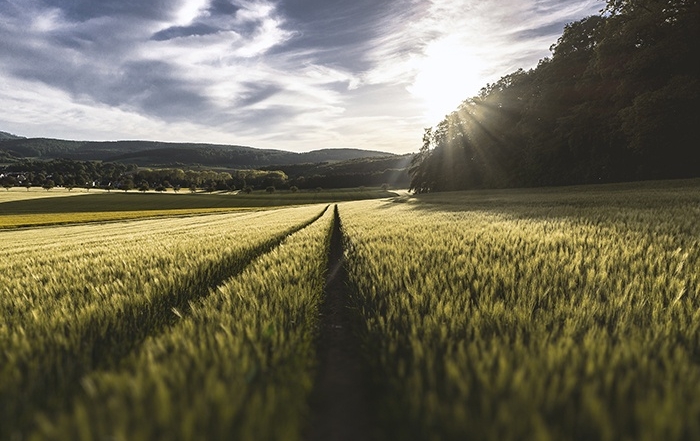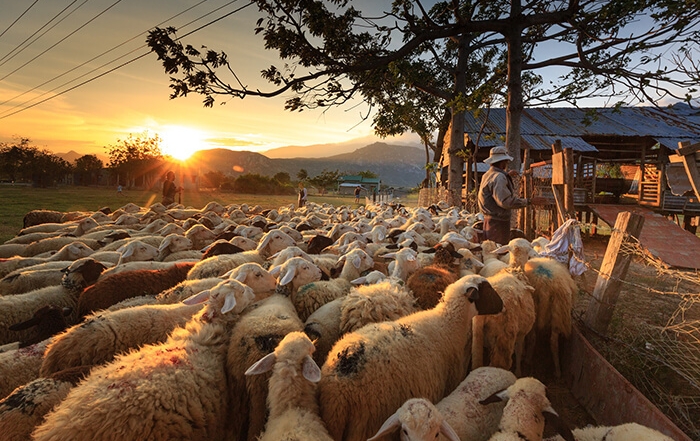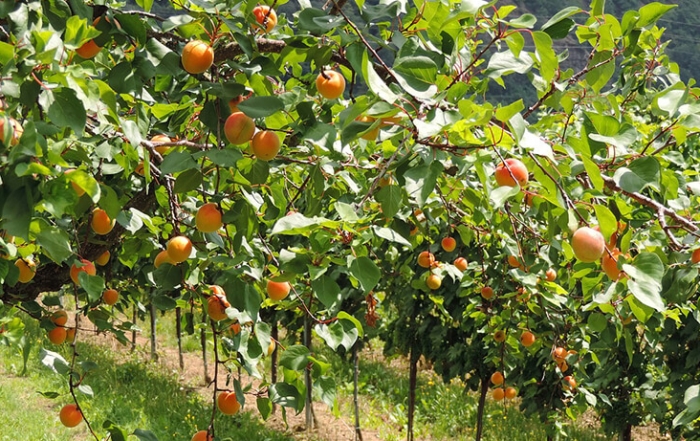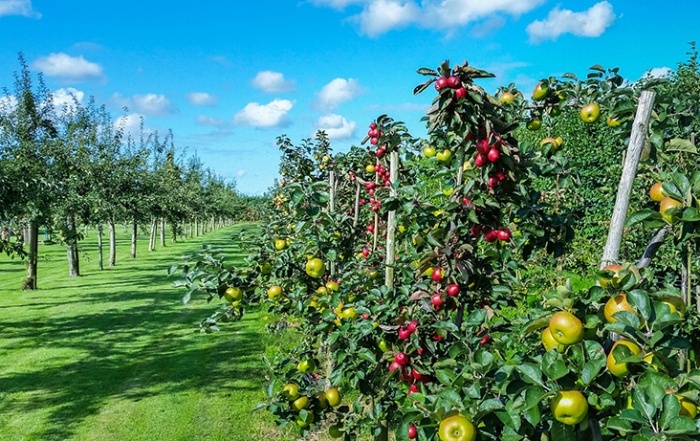
Farmers across Virginia are adopting companion planting for many reasons: to maximize space, conserve water, help with pollination, and most significantly, for pest control. Companion planting is a great, natural solution for many Virginia farms’ insect problems without using chemical pesticides that can damage the soil and pollute the water. If you’re looking for a cost-effective, proven solution for attracting beneficial insects and repelling harmful ones, try out companion planning on your farm. With a bit of extra thought, you can take care of problems that have plagued your farm for years with a fraction of the hassle that comes with applying pesticides.
What is Companion Planting?
Companion planting is the process of planting different crops near each other because the plants provide specific benefits for one another. For
The Benefits of Companion Planting
There are many benefits to companion planting, so it’s no surprise that gardeners and commercial farmers have been taking advantage of the process for centuries. While the primary use for companion planting tends to be pest control, there are many other reasons farmers might choose to plan their crops in this way.
- It can help to keep insect populations under control. Insects that benefit your crops will be attracted while insects that harm your crops will be repelled.
- Companion planting
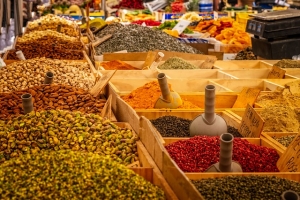
instance, many farmers plant companion plants that will help to repel insects that are attracted to their primary crops. Since different areas in Virginia are home to different kinds of pests and have different soil conditions, it’s important to find out which companion plants will grow well on your farm and provide the benefits you’re looking for.
is a natural solution so that farmers can avoid applying chemicals to their crops that could be dangerous when consumed or when they leak into the soil and water.
- Certain companion plants will help to store nitrogen in the soil for use by your primary crops in the future. Planting different kinds of plants helps to make sure that the nutrient levels in the soil are maintained.
- When carefully chosen for local conditions, companion planting can reduce water use.
The Best Companion Plants for Virginia Farmers
Virginia farmers should consider what benefits they want to see from their companion plants before deciding what to plant. Some plants will help to adjust nutrient levels in the soil while some will attract or repel certain insects. Different areas in Virginia tend to have different pest concerns, so think about which insects are actually a problem on your farm. For most areas in Virginia, these companion plants should be planted near the primary crop:
- Corn: If you’re growing corn, consider planting pumpkin, beans, potatoes, or peas nearby.
- Beans: If beans are your primary crop, plant cucumbers, carrots, cauliflower, and cabbage nearby.
- Squash: For squash, plant marigold flowers or corn nearby.
- Lettuce: To protect your lettuce, plant strawberries, cucumber, or carrots nearby.
- Tomatoes: If you’re growing tomatoes, consider planting asparagus, cucumber, parsley, or plants from the onion family nearby.
Related Topics
10 Things to do in Winter on Your Virginia Farm
Although work never really ends when you live on a Virginia Farm, the winter months [...]
Companion Planting in Virginia
Farmers across Virginia are adopting companion planting for many reasons: to [...]
Finding the Right Market for Organic, Sustainable, and Regenerative Farm Products
Organic farming, sustainable farming, and regenerative farming all improve the quality [...]
Owning a Pick Your Own Farm
Springtime in Virginia doesn’t last very long if we’re lucky it [...]
Sold on the Soil
Virginia stretches from the ocean to the Allegheny Mountains and includes [...]
Season of the Apple Orchard
As fall gives way to early winter, those associated with apple [...]


